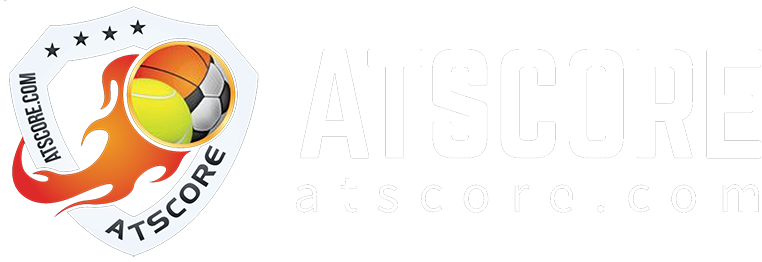The NBA offseason has brought significant changes, with the Atlanta Hawks trading All-Star guard Dejounte Murray to the New Orleans Pelicans. This move involves multiple players and draft picks, reflecting strategic adjustments by both teams aiming to optimize their rosters for upcoming seasons.
Trade Details
The Pelicans have traded Larry Nance Jr., Dyson Daniels, and two future first-round picks (2025 from the Lakers and 2027 the lesser of the Bucks or Pelicans) to the Hawks in exchange for Murray. This trade marks a significant shift in team dynamics, with Murray set to enhance the Pelicans’ backcourt alongside CJ McCollum.
Strategic Analysis for New Orleans Pelicans: A New Backcourt Formation
The Pelicans’ acquisition of Dejounte Murray is a calculated move to bolster their guard rotation, allowing McCollum to revert to his natural shooting guard position. Murray’s arrival promises an improved playmaking dynamic and a potent scoring option alongside Zion Williamson and potentially Brandon Ingram, should he remain with the team. The Pelicans, who struggled from the three-point line last season, will benefit from Murray’s impressive 36.3% shooting from deep.
Moreover, Murray’s defensive prowess, highlighted by his All-Defensive Team selection in the 2017-18 season, will complement the Pelicans’ already robust defense, which was ranked sixth in the league last season. His ability to handle the ball and facilitate play will be crucial in maximizing the offensive capabilities of Williamson and McCollum.
Consequences for the Atlanta Hawks: A Shift Towards Rebuilding
The Hawks’ decision to part ways with Murray indicates a potential shift in strategy. The Hawks are stocking up on young talent and future assets by acquiring Nance, Daniels, and two first-round picks. This could be seen as a move to build a more cohesive and versatile team around Trae Young, who remains a central figure despite recent struggles with efficiency and defense.
Atlanta’s management might be looking to reshape the team’s identity, focusing on long-term growth and stability rather than immediate contention. The incoming first-round picks, although not exceptionally high value due to their conditional nature, will give the Hawks more opportunities to draft young prospects or use them in future trades.
Long-Term Implications
For the Pelicans, the trade signifies a commitment to strengthening their playoff aspirations in a highly competitive Western Conference. Murray’s versatility and defensive understanding are expected to bring a new dimension to the team’s playstyle, potentially elevating them to higher postseason success.
On the other hand, the Hawks seem to be preparing for a more extensive rebuild or retooling, emphasizing youth and flexibility. The outcome of this strategy will largely depend on how well the young players develop and how effectively the draft picks are utilized.

 at
at 








